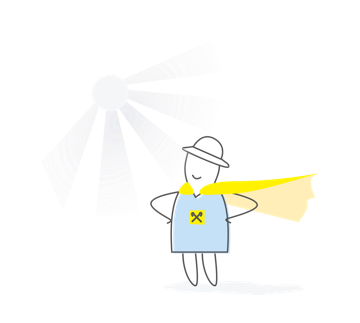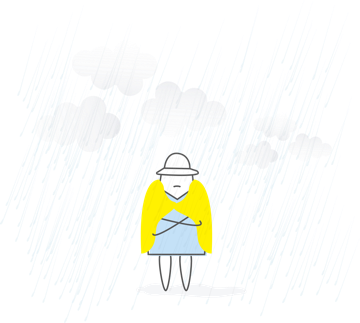Ways to protect trade secrets
The disclosure of trade secrets can cause great harm to business. Is it possible to prevent this and how to act in the event that your employee “leaked” information to competitors, says Managing Partner of Antika Law Firm, Doctor of Law Alexey Kot

What is a trade secret?
In Ukrainian law, there are two concepts of protected commercial information:
- Trade secret - information that is secret and hard to access for those who deal with it. It has commercial value and is kept secret by a person who legally controls this information. Commercial secrets may be information of a technical, organizational, commercial, industrial and other nature, with the exception of those which, according to the law, cannot be classified as commercial secrets (Resolution of the Cabinet of Ministers of Ukraine of August 9, 1993 No. 611 “On the list of information that is not commercial secret).
- Information with limited access: confidential, secret and official. This category also includes trade secrets.
In practice, these two terms, as well as the terms “confidential information” and “trade secret” are often confused. And this is wrong, because these types of information have different legal protection.
It should be remembered that only trade secrets have additional guarantees in the form of criminal liability for disclosure / illegal collection.
Execution cannot be pardoned
The company’s ability to take any action with respect to employees who disclose commercial information is limited. So, according to Art. 132 of the Labor Code, the employee’s liability for damage caused in the performance of labor duties is limited to the average monthly earnings. Only for damage caused not within the framework of the performance of labor duties, as well as when a specific case of disclosing trade secrets is a criminal offense, full compensation for the damage caused may be levied. At the same time, the employer will not receive compensation for lost profits.
It is generally impossible to fine employees, since this is considered a disciplinary sanction, which can be applied only in cases stipulated by law.
A non-disclosure agreement will not help here either. Even if a penalty clause is written there, in practice it will not have any legal consequences, as well as obligations to compensate for losses in violation of its conditions.
Protection system
In order to have security tools in the event that an employee discloses confidential information, we recommend developing:
- block of obligations and responsibilities for disclosure / illegal use of trade secrets (legal block);
- block of obligations on the rules for the use and protection of information, mandatory actions with information (disciplinary block): internal regulations, special provisions, instructions and the like. For example, storage rules, rules and policies on the use of external media and the like.
Without a disciplinary bloc, legal will be just a formality. Because it is the company, in the event of the disclosure of information, that will prove the employee’s illegal actions. And this is usually the main problem in trying to hold accountable. It is the disciplinary unit, in which it is recorded what the employee was supposed to do with protected commercial information, as he could or could not do, could be a key element in proving the illegality of his actions.
Ways of punishment
It is worth sharing the personal responsibility of the employee who divulged trade secrets and the responsibility of the person using the illegally obtained data.
The liability of the employee is very limited, except in cases of criminal prosecution, if it is necessary to prove the intent and selfish motives of the employee, as well as causing significant damage to the company. Such an employee is punished by a fine in the amount of 1,000 to 3,000 tax-free minimum incomes of citizens (17,000 - 51,000 UAH).
A much more effective measure is counteraction to persons using commercial secrets. In particular, in addition to direct lawsuits to the court for redress, the appeal to the Antimonopoly Committee of Ukraine within the framework of legislation in the field of protection against unfair competition is effective. It establishes liability for the disclosure, collection and misuse of trade secrets in the amount of up to 5% of the annual turnover of the company. But for this it is necessary to file a lawsuit against the violator with a demand to compensate for the losses.
Therefore, we advise you to take care of the maximum protection of confidential information and your business as a whole.















